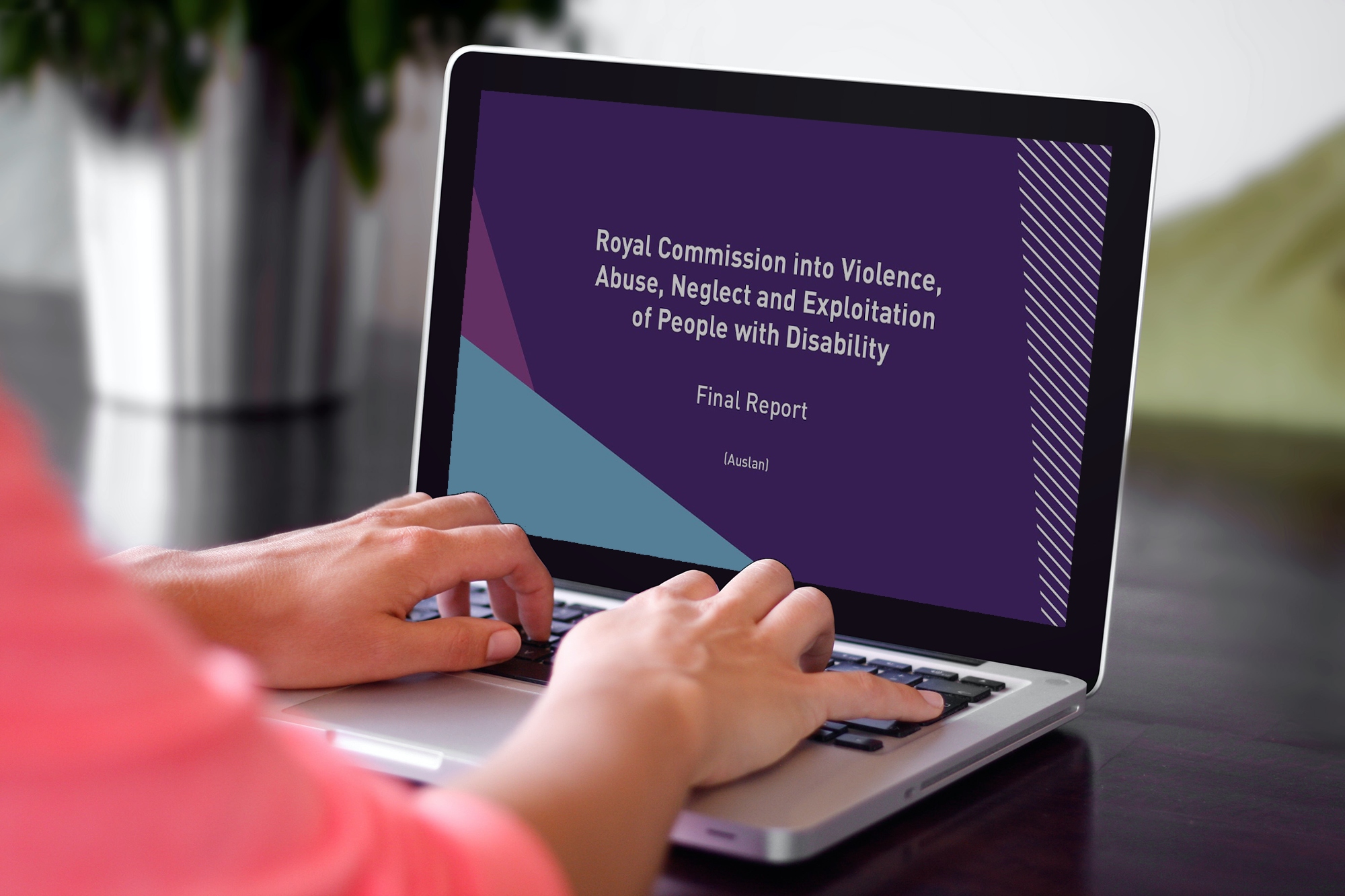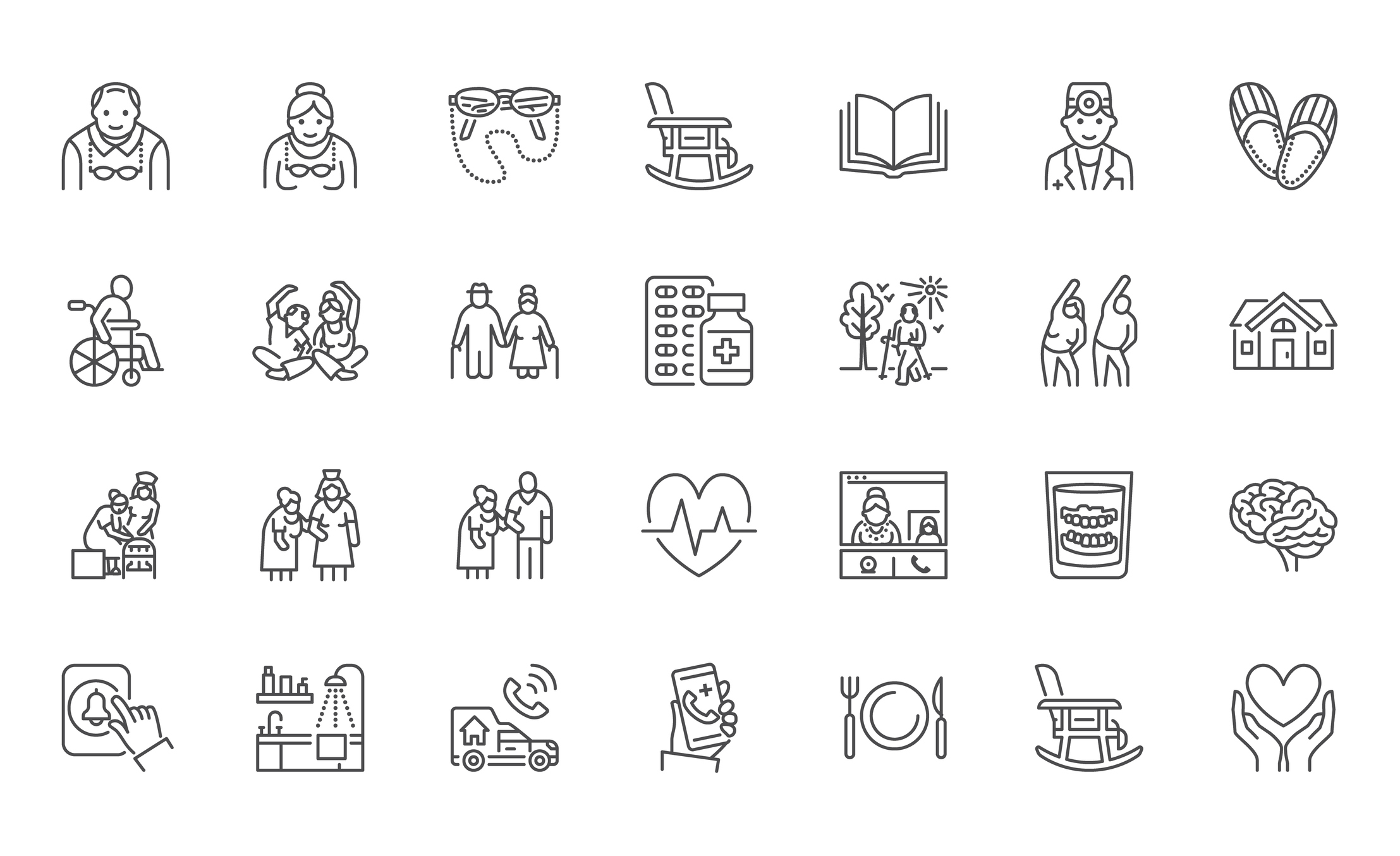Residential aged care providers who support NDIS participants will be aware that as of December 1st 2020, they will become registered providers under the NDIS. Importantly, providers do not need to do anything to facilitate this – registration will happen automatically.
Residential aged care providers have played an important role in supporting younger people with disabilities, and will continue to do so. Becoming an NDIS provider brings new obligations, and providers should be aware of the specific goals and responsibilities outlined in the NDIS Quality and Safeguarding Framework, which comprises the NDIS Code of Conduct and NDIS Practice Standards.
The NDIS Practice Standards compared with the Aged Care Quality Standards
Our SPP Platform cross-maps different sets of standards to each other. This means that users of SPP can quickly identify thematic gaps between different standards. And there is some good news – if a user satisfies 100% of SPP’s self-assessment for the Aged Care Quality Standards, they will automatically have completed just over 70% of our self-assessment for the NDIS Practice Standards (Core Module). For the NDIS Code of Conduct, the crossover is even higher, with 90% completed!
So the reassuring news for RAC providers is that there is a high degree of commonality between the two sets of standards. It is likely that if your quality management and compliance systems are keeping up with the obligations of ACQS, then you are already well on your way to accreditation against the NDIS Practice Standards.
Similarities between the standards
In our view, the main areas of similarity are in the themes of:
- Individual Values and Beliefs
- Privacy and Dignity
- Violence, Abuse, Neglect, Exploitation and Discrimination
- Information Management
- Continuity of Supports
- Access to Supports
- Support Planning
For these key areas, pertaining to client rights and service access, it is likely that your organisation already has many policies and procedures in place that will align, in full or at least in part, with the requirements of the NDIS Practice Standards.
Gaps between the standards
However, there are also some clear gaps between the ACQS and NDIS Practice Standards, and these are areas that your organisation may need to focus on when preparing yourself for transition into the NDIS. In SPP, users who satisfy all of our self-assessment for ACQS will still need to do further work regarding the following NDIS outcomes:
- Transitions to or from the Provider
- Safe Environment
- Participant Money and Property
- Management of Medication
- Management of Waste
This is not to say that these themes do not feature in the ACQS, indeed many of you will already have policies on those matters in place within your residential aged care facilities. However, the requirements in the NDIS Practice Standards are of sufficient specificity or detail as to delineate them from the requirements of the ACQS, and for this reason, RAC providers should pay particular attention to these areas of the NDIS Practice Standards, and the requirements outlined.
Gaps: complaints management and incident management
Another two areas which are distinct within the NDIS are complaints management and incident management. This is because specific legislative instruments have been drafted to articulate the exact processes that must be followed for the management of both complaints and incidents by registered NDIS providers.
For incidents, the rules include the conditions under which an incident must be reported, and they also set out a comprehensive list of all of the elements that must be addressed in a provider’s incident management system procedures. For complaints, the rules include requirements for an accessible complaints management system, and a similarly rigorous set of mandatory elements.
RAC providers should familiarise themselves with the rules. Our SPP platform helps organisations in this, as we take users through each element of the NDIS complaints and incidents requirements, in our specific NDIS modules.
Worker Orientation Module
Alongside compliance with the NDIS Practice Standards, there are some additional conditions of registration. All members of your workforce who have more than incidental contact with NDIS participants are required to complete the Worker Orientation Module, ‘Quality Safety and You’. This is a straightforward online module that can be completed in approximately 90 minutes, and is available on the NDIS Quality and Safeguards Commission website.
Worker screening
In February 2021, the NDIS Commission will launch a National Worker Screening check that will replace existing arrangements which differ across each state and territory. It will set a single national standard for all workers supporting NDIS participants. Registered NDIS providers will need to make sure that workers have a valid and current clearance.
Until that time, workers who have more than incidental contact with NDIS participants will need to be screened according to State based legislation. RAC providers should ensure they are familiar with State based requirements.
More information on worker screening is available here.
Behaviour support/restrictive practices
Under the NDIS, behaviour support focuses on person-centred interventions to address the underlying causes of challenging behaviours, while safeguarding the dignity and rights of people with disability who require specialist behaviour support. This is not dissimilar to the aim of minimising the use of restraint under the Aged Care Quality Standards.
Any behaviour support plan which contains a restrictive practice must be developed by an NDIS registered specialist behaviour support provider. Specialist behaviour support providers must lodge behaviour support plans with the NDIS Commission and notify the Commission of the use of regulated restrictive practices.
Providers using restrictive practices as part of a behaviour support plan must report monthly.
The RAC is responsible for ensuring workers receive appropriate training and understand the risks associated with using a restrictive practice.
RAC providers should familiarise themselves with the National Disability Insurance Scheme (Restrictive Practices and Behaviour Support) Rules 2018, with which they will need to ensure they are compliant.
Wrapping up
Ultimately, RAC providers supporting NDIS participants should not be too overwhelmed about these new compliance requirements. The proposed regulatory approach will be proportionate, recognising the co-existing regulation that RAC providers will continue to be subject to under the Aged Care Act 1997, and as highlighted, much of your organisation’s quality and safeguarding work will carry across to the NDIS framework. However, the NDIS Practice Standards are a distinct set of standards, and organisations should familiarise themselves with some of the new obligations imposed by the NDIS Quality & Safeguarding Framework. Please access any of the resources listed below to help you in this process.
Additional resources
Need help understanding your obligations?
For assistance with compliance with the NDIS Practice Standards, contact our team.


